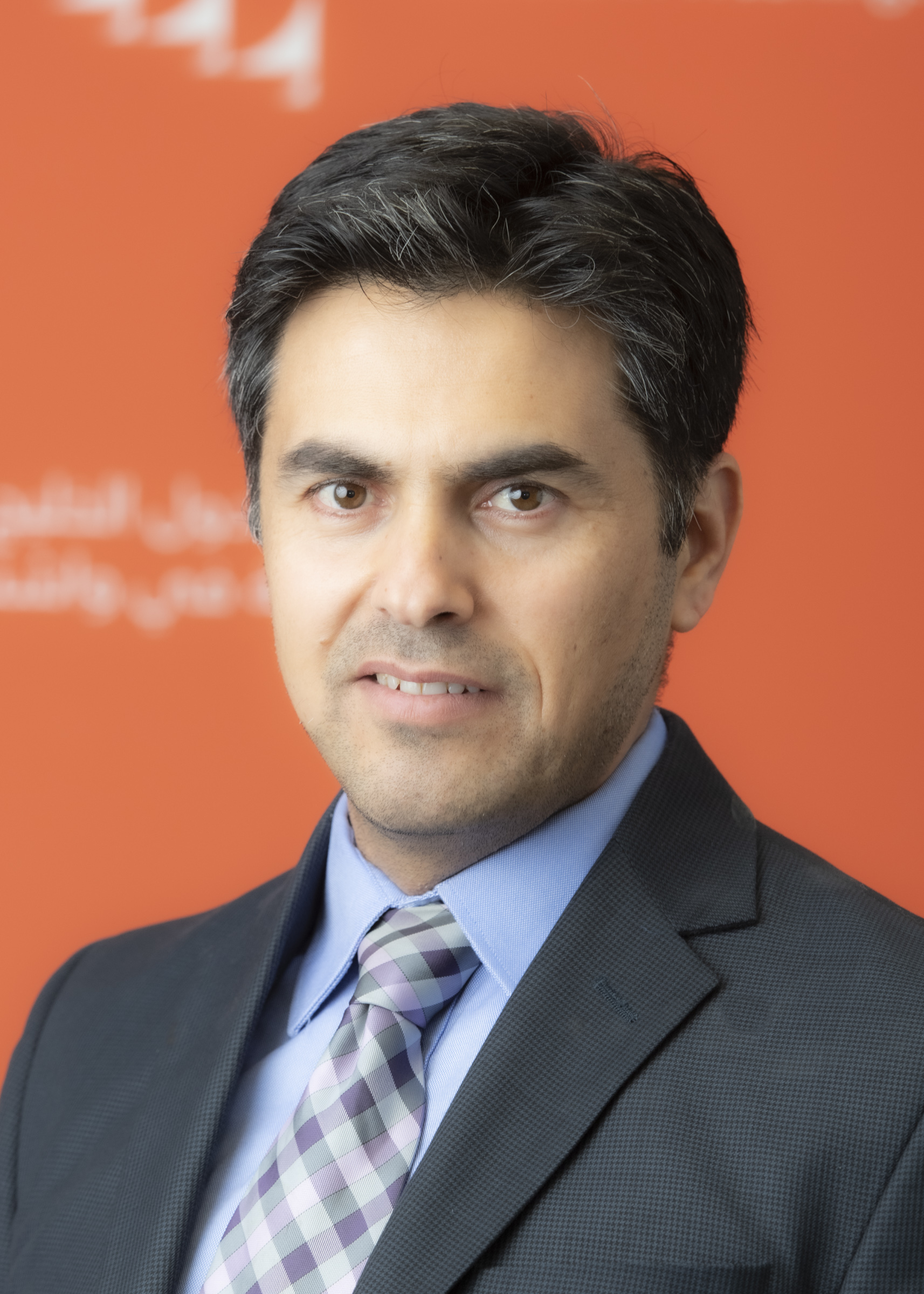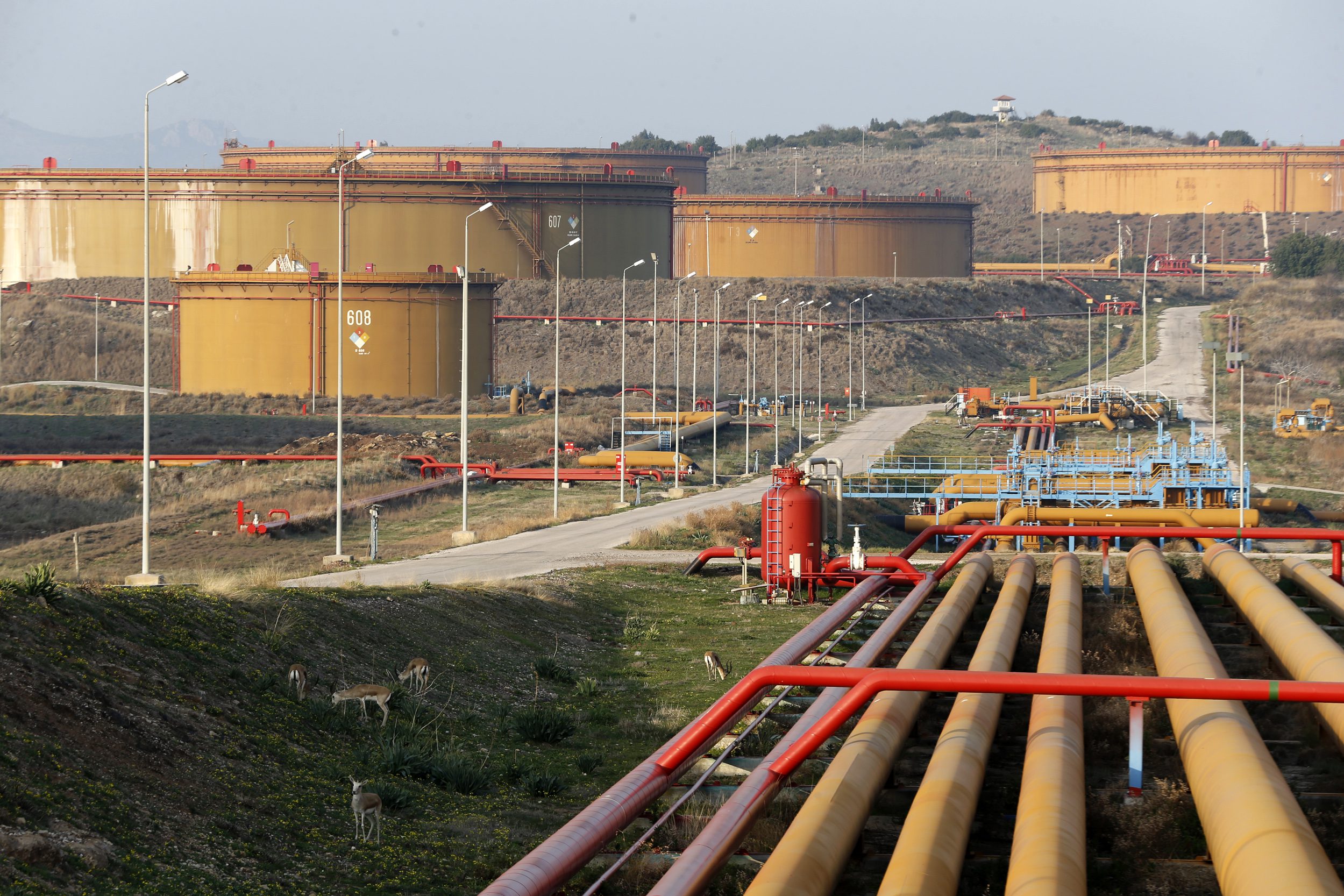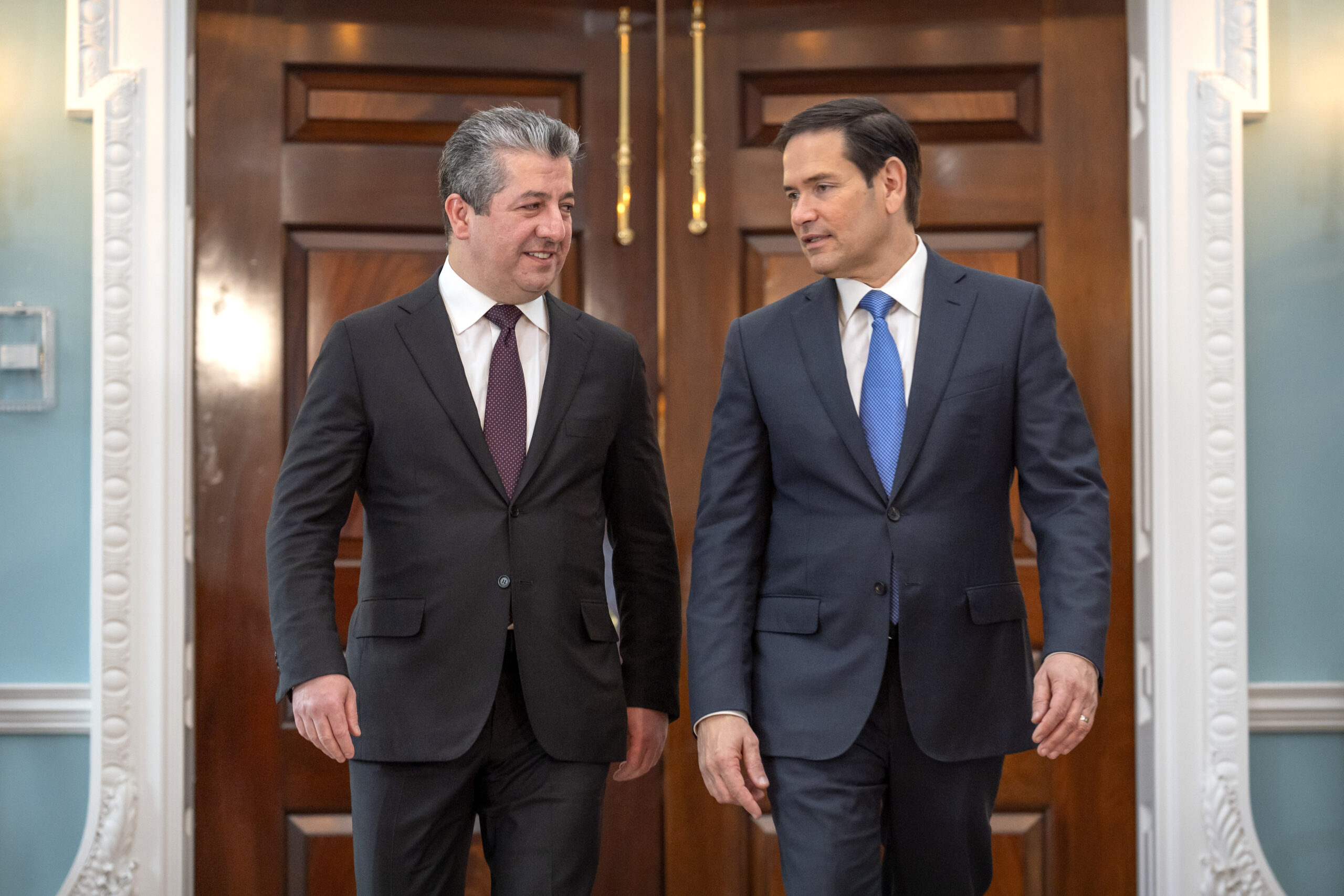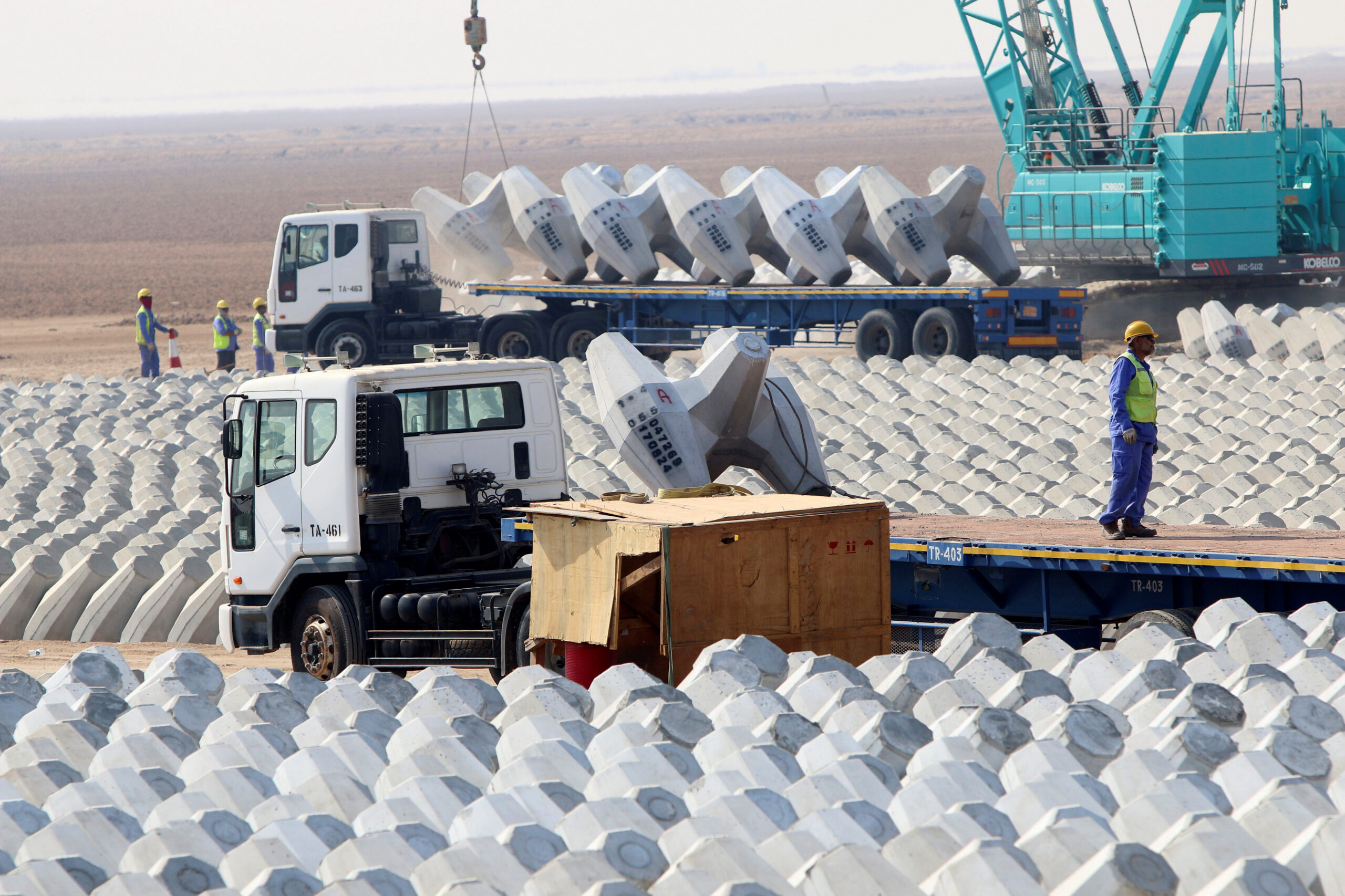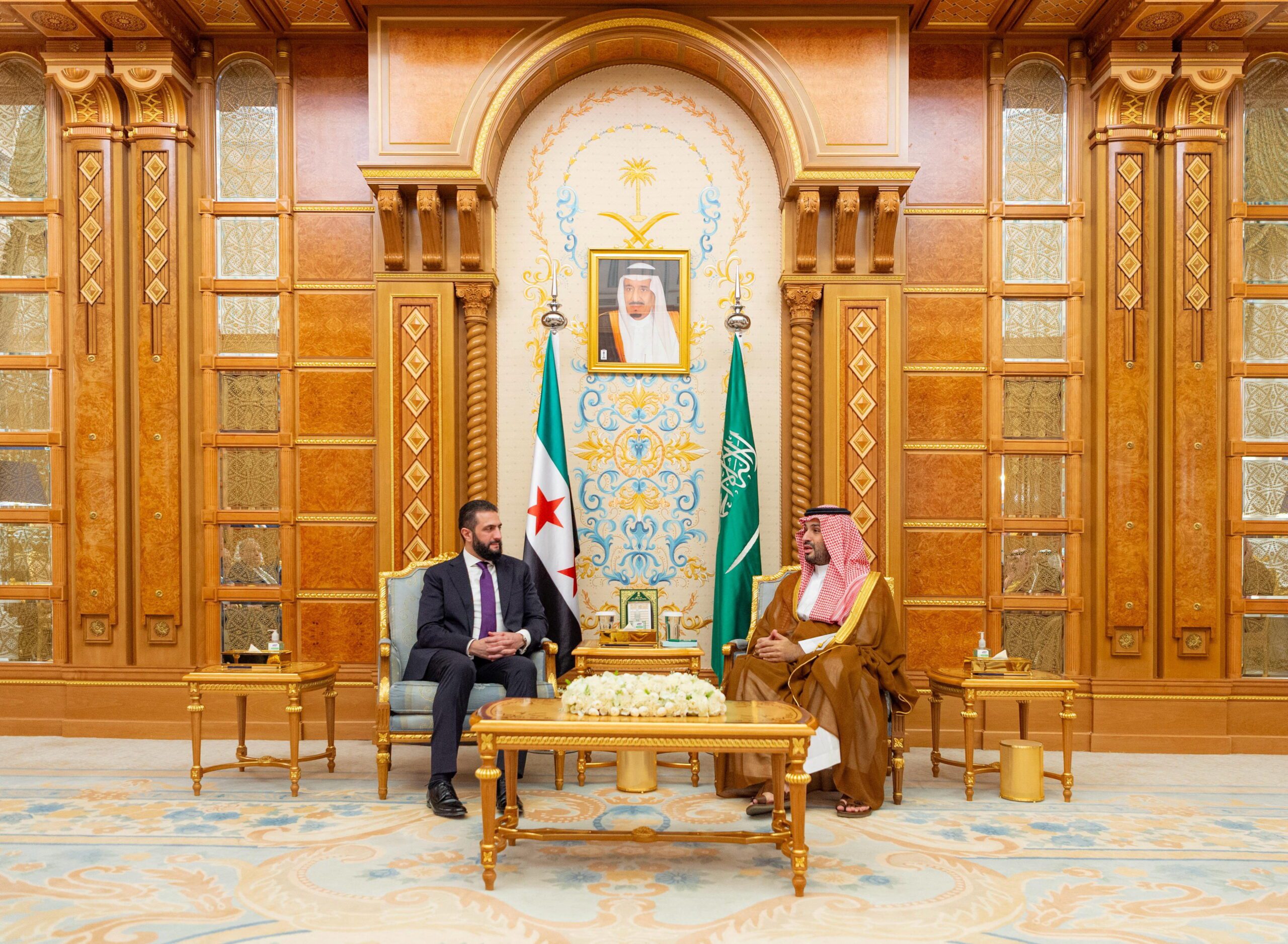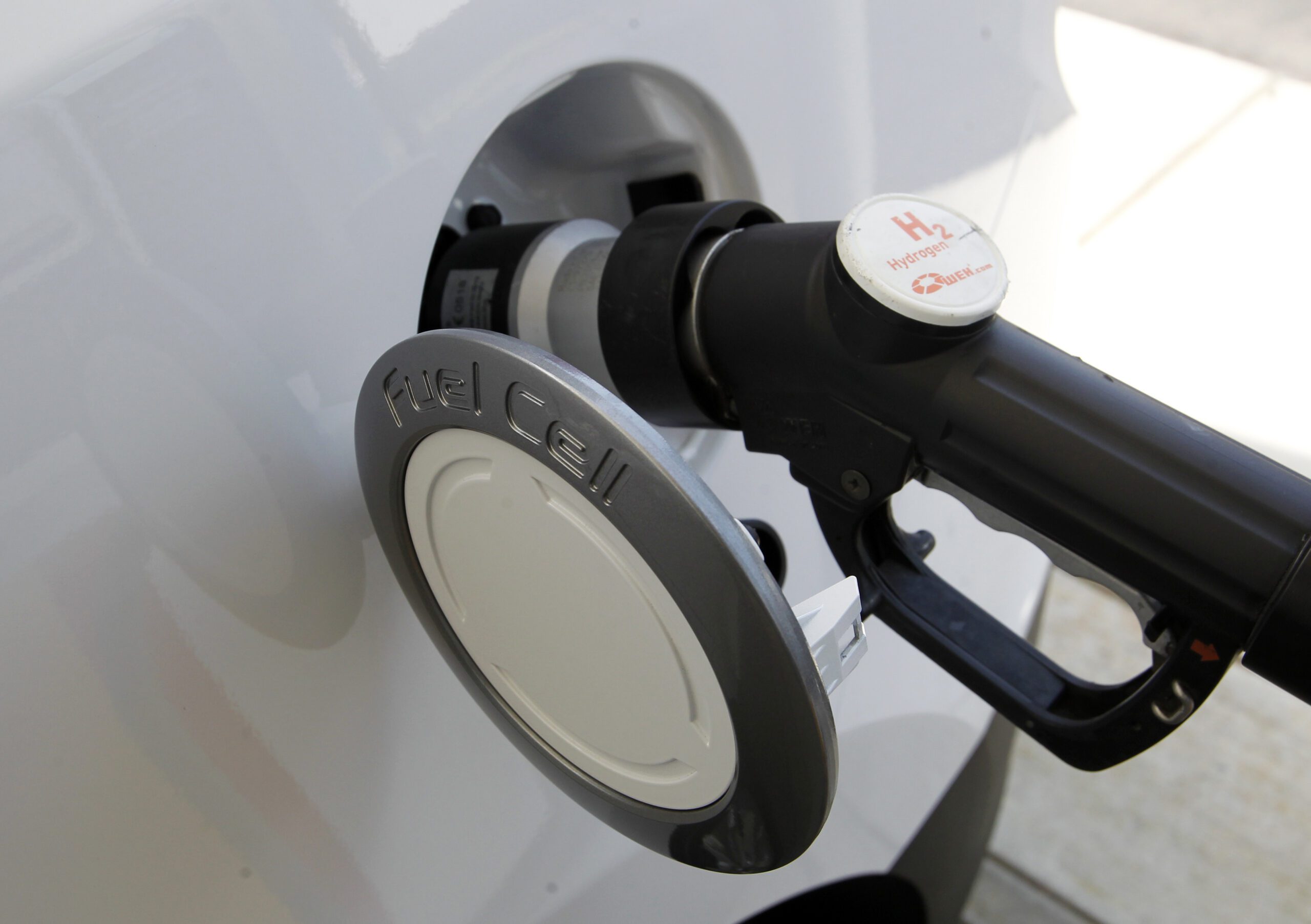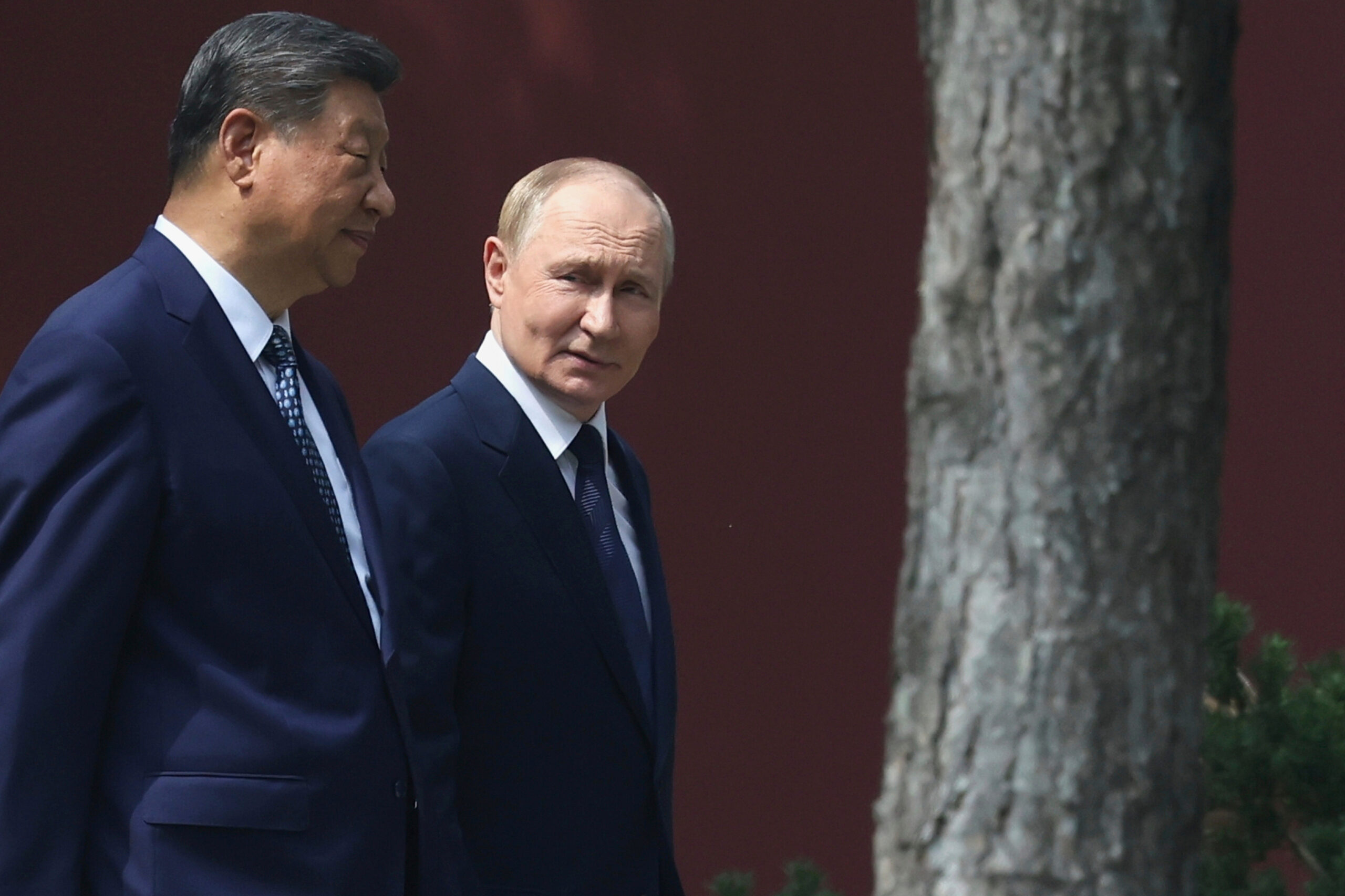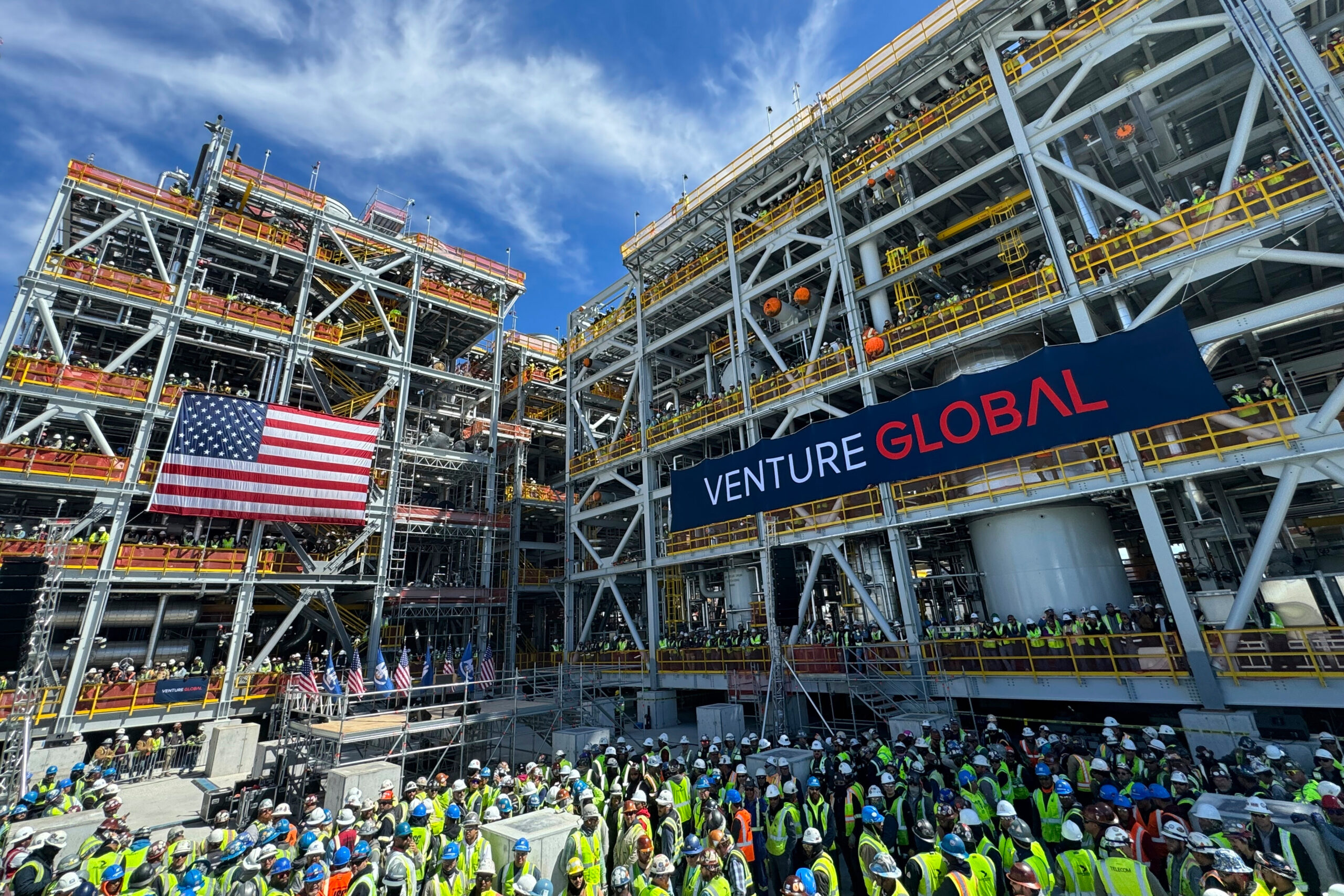Kurdistan at a Crossroads Ahead of Iraq’s November 11 Elections
The durability of recent peace gestures, energy deals, and revenue-sharing agreements will hinge on political consensus and restraint, both within Kurdistan and across Iraq’s fractured national landscape.
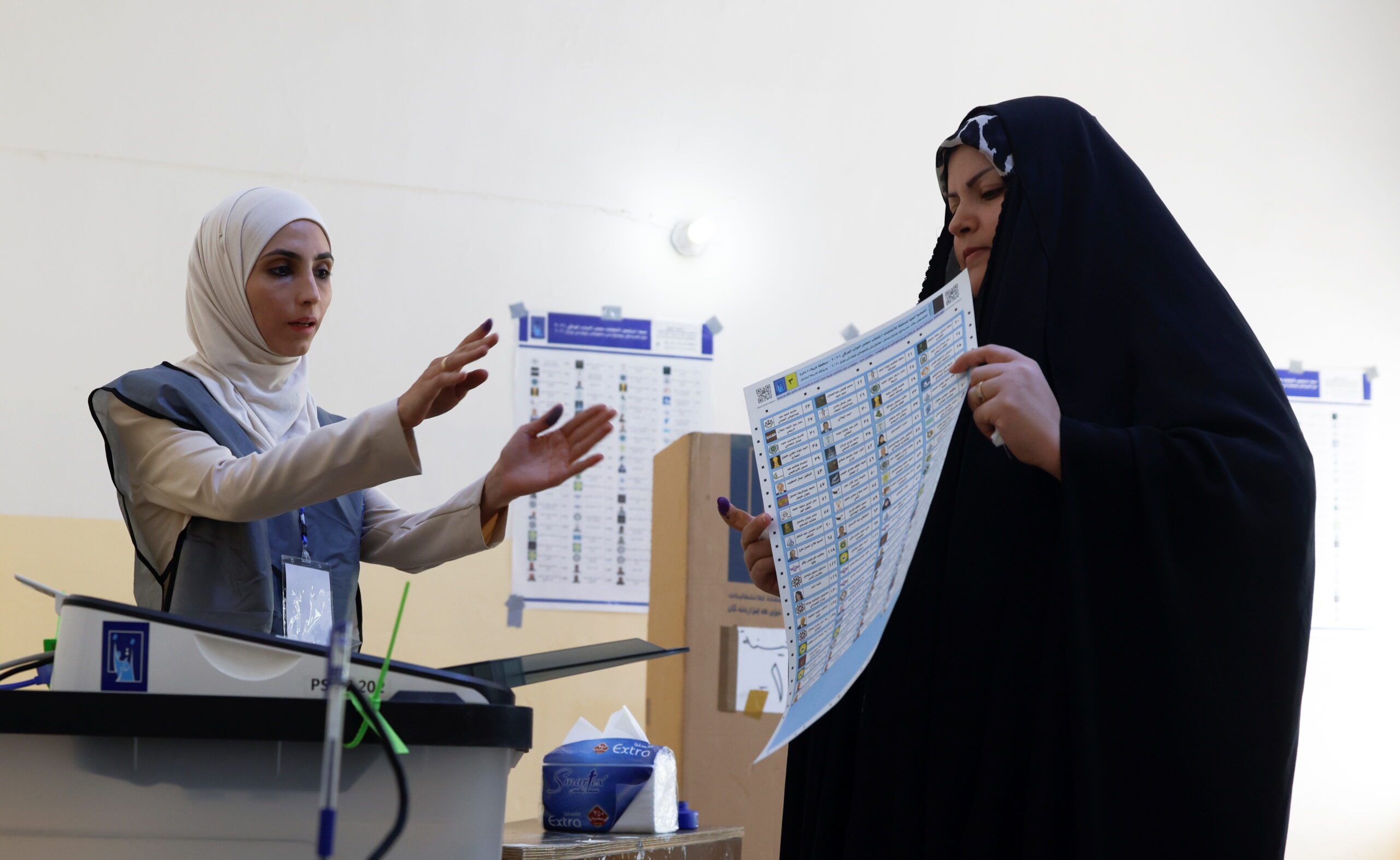
As Iraq heads toward its November 11 parliamentary elections, the Kurdistan Regional Government stands at a crossroads of opportunity and uncertainty. The vote – which will shape Iraq’s leadership and political architecture – carries particular weight for the semiautonomous Kurdish north, where hopes for greater security and prosperity contend with lingering vulnerabilities.
Recent political, security, and economic shifts have kindled new Kurdish aspirations, from symbolic demilitarization gestures to major energy deals. Yet the region’s long history of external interference, internal division, and unresolved disputes tempers optimism.
A New Political Landscape: Hope for Security, Stability, and Prosperity
For the first time since the deep political rupture that followed Iraq’s October 2021 early elections, there is renewed optimism among Iraq’s Kurds that this moment may offer the KRG new leverage, a regional role, and opportunity for international engagement.
A decisive development has been the public declaration by the Kurdistan Workers’ Party, or PKK, that its fighters will lay down arms. This symbolic disarmament has lifted the spirits of Kurds in Iraq but also those Kurds from Turkey displaced in Makhmour refugee camp, southwest of Erbil, and elsewhere.
Yet even as gestures of reconciliation unfold, Baghdad’s formal ban on the PKK – imposed under Turkish pressure – reveals the persistent constraints on Kurdish aspirations within Iraq’s political framework. Baghdad’s crackdown satisfies a crucial Turkish demand, clears ground for improved Iraq-Turkey relations, and may open doors for KRG engagement with international actors – particularly those wary of being ensnared in Ankara’s counterterror concerns. At the same time, it forces the KRG to navigate the delicate process of accommodating former PKK fighters, ensuring their protection and reintegration without reigniting tensions with either Baghdad or Ankara.
Economically, the KRG’s fortunes have been buoyed by a series of breakthroughs. The signing of two landmark energy deals with HKN Energy and Western Zagros, collectively valued at $110 billion over their lifespans, represents more than an influx of foreign direct investment; the deals serve as high-profile endorsements of Erbil as a sustainable energy hub and a key pillar in Western strategies for regional energy independence from Iran. And Washington’s public support illustrates Erbil’s continued centrality to regional energy diplomacy.
This momentum was reinforced in late September, when crude began flowing again through the Iraq-Turkey pipeline after a 2½-year hiatus under an interim agreement – a step toward boosting Iraq’s revenue and stabilizing relations between Baghdad and the Kurdish region. The agreement – involving the transfer of most Kurdish oil output via Iraq’s State Organization for Marketing of Oil and the remittance of substantial non-oil revenue – signaled a tentative maturity in Baghdad-Erbil relations. Complementing these breakthroughs, a July arrangement between the KRG and Baghdad’s Council of Ministers restored public salary payments after months of deadlock. For Kurdish workers, the resumption of salaries provides hope for a stable future.
The KRG is confronting a historic opening, with improved security prospects, deeper integration into the regional and global energy economy, and increased international visibility. These trends, if sustained, would support the aspirations of a generation of Kurdish citizens and create space for greater institutional resilience.
Underlying Risks, Uncertainties, and Challenges
Yet the prospects for Kurdish transformation are tempered by enduring and emergent vulnerabilities.
First, the PKK’s move toward disarmament may be historic, but it is not unprecedented – nor is it guaranteed to last. Previous rounds of Turkish-PKK detente (notably in 2015) collapsed amid mistrust and violence. The PKK itself has made clear that complete disbandment is contingent on specific assurances: legal recognition, freedom for its imprisoned leader, Abdullah Ocalan, and a secure environment for its cadres. The Turkish state, meanwhile, continues to stage incursions and airstrikes into northern Iraq and shows no eagerness to remove its 100-plus military outposts in KRG territory.
For Iraqi Kurdish authorities, this means unresolved questions over the shelter, status, and integration of former PKK fighters as well as the lingering Turkish military presence that could, at any time, revive local grievances or draw the region into new rounds of conflict. Iraq’s national security advisor, Qasim al-Araji, has publicly stated that the desired outcome is the full withdrawal of both Turkish and PKK forces, but it is doubtful this can be accomplished quickly, if at all.
Confounding these security uncertainties are the overlapping theaters of proxy war. The Kurdistan region’s oil fields, the mainstay of its economy, came under direct drone attack repeatedly in July, temporarily halting operations and forcing international companies to suspend production. These attacks are widely suspected to be the work of Iranian-backed Iraqi militias – particularly the Popular Mobilization Forces – seeking to escalate costs for the U.S.-aligned KRG and Western commercial interests.
Drone incidents, including at Erbil’s airport where U.S. troops are based, underscore the inescapable specter of proxy warfare. Yet the challenge is not only external. Persistent divisions between the Kurdistan Democratic Party, aligned with Ankara, and the Patriotic Union of Kurdistan, closer to Iran and the PKK, weaken the region’s response. A recent power struggle within the PUK, marked by purges and arrests, highlights how intra-Kurdish rivalries can destabilize politics on the eve of elections and complicate Erbil’s ability to present a united front with Baghdad, Ankara, or Washington.
Nor are Baghdad-Erbil relations guaranteed to remain on their current cooperative trajectory. The July energy and salary agreements came after weeks of fiscal crisis and mutual recrimination: Baghdad had accused the KRG of failing to remit oil and non-oil revenue, prompting the unilateral suspension of payments, while KRG leaders threatened to withdraw from the central government. The underlying legal ambiguity – stemming from conflicting interpretations of Iraq’s constitutional provisions on resource ownership – remains unresolved, although recent judicial rulings have tended to favor Baghdad. Every step toward precision in revenue-sharing locations or pipeline oversight generates new disputes, each threatening to unravel fragile accords. Compounding the uncertainty, the agreement’s 30-day rolling renewal structure and other provisional terms leave its long-term durability in question.
Layered atop these economic and security dilemmas is the question of international strategy. The $110 billion in energy contracts with U.S. firms highlights both the promise and risk of external engagement: Washington’s support provides resources and stature but also fuels Baghdad’s suspicions and resentment that Erbil is skirting federal authority. The July deal for a phased withdrawal of U.S. forces from Iraq adds to this complexity. While combat forces exit central and western Iraq, training and counterterrorism operations will continue from the Kurdistan region, enhancing its leverage and visibility. Yet the accelerated drawdown in late August underscored the fragility of this arrangement and the dangers of overdependence on Washington.
Finally, even as displacement and violence might be reduced, the Kurdish refugee question remains deeply challenging. Generations of refugees raised in camps – whose parents’ homes were razed decades ago – may never return to Turkey or elsewhere. As such, the normalization of regional relations, while symbolically significant, may do only so much to address Kurdish social and economic grievances, absent robust, durable solutions for citizenship, reintegration, and economic opportunity.
The November 11 Elections: Sunrise, False Dawn, or Reckoning?
The upcoming parliamentary elections will test whether the recent series of agreements, peace initiatives, and economic breakthroughs are the product of genuine structural change or merely the latest cycle in Iraq’s perennial crisis. A peaceful, credible vote – one in which Kurdish parties are not marginalized or manipulated, and where subsequent government formation reflects genuine representation – would mark a break from the patterns of political interference that have marred previous election cycles. With political consensus, both at the Iraqi and Kurdish regional level, the energy agreements and security pacts could become durable cornerstones for a new order.
Yet all the newly woven threads of progress could just as easily unravel. Should Kurdish parties – divided by factional rivalry – arrive in Baghdad lacking unity, or should Shia power maneuvering within the central government once again take precedence, the fragile understandings on budget, oil, and security could swiftly come apart. Yet all the newly woven threads of progress could just as easily unravel. Already the KRG’s own postelection crisis has left the regional Parliament paralyzed, unable to choose a speaker or form a Cabinet, and some voices are even calling for its dissolution – a radical move that would weaken institutional capacity and disrupt any claim to genuine autonomy.
Moreover, should external actors – Turkey, Iran, or the United States – revise their policies, invest less in Kurdish stabilization, or press for new “red lines” on security, the KRG’s space for maneuver could quickly shrink. For example, Turkey’s plans to allow the Iraq-Turkey pipeline treaty to expire in 2026 could leave the region’s vital oil flows disrupted once again, especially if Baghdad and Erbil cannot coordinate.
Above all, for many Kurdish citizens, the stakes are not abstract but concern pressing issues of salaries, service delivery, personal security, and legal recognition. The latest drone attacks, salary crises, or government infighting do not just mark political failures; they weaken public trust, encourage outmigration, and challenge the centuries-old Kurdish dream of self-rule.
How the elections unfold, and what coalitions and bargains they produce, will either embed the fragile gains of the past several months or see them reverse in another round of crisis. The durability of recent peace gestures, energy deals, and revenue-sharing agreements will hinge on political consensus and restraint, both within Kurdistan and across Iraq’s fractured national landscape.
The views represented herein are the author's or speaker's own and do not necessarily reflect the views of AGSI, its staff, or its board of directors.

